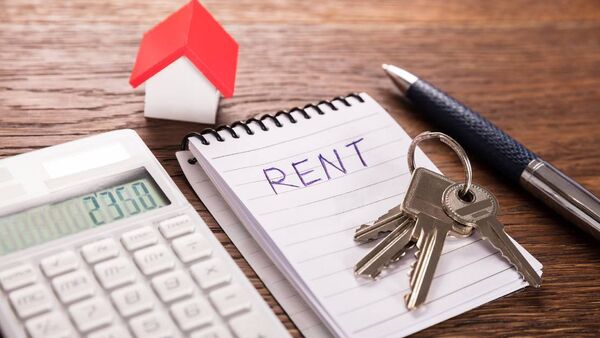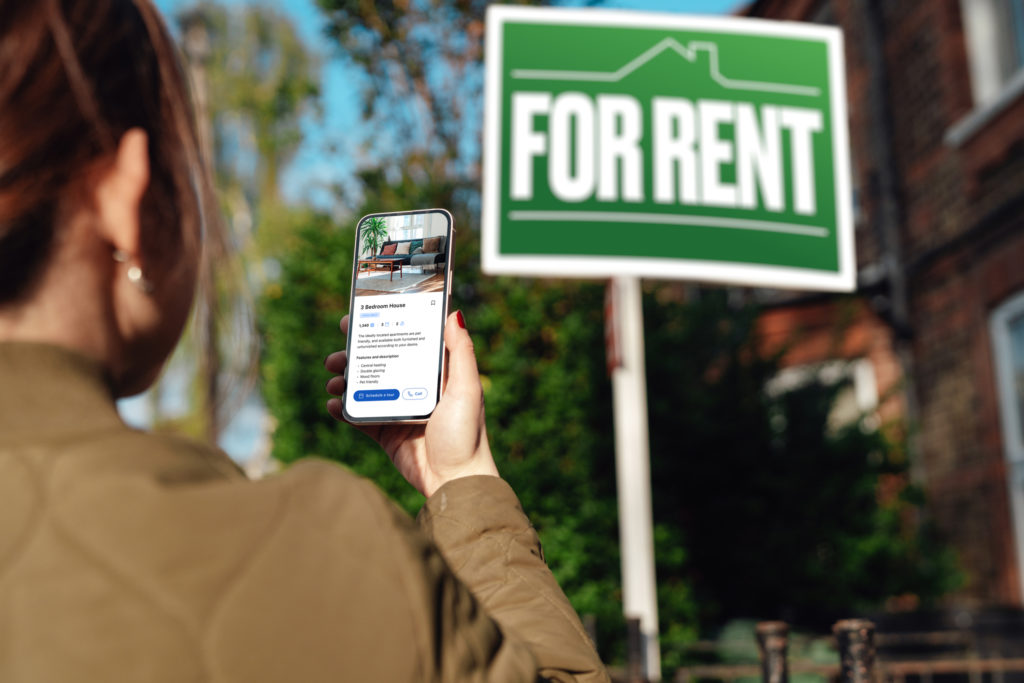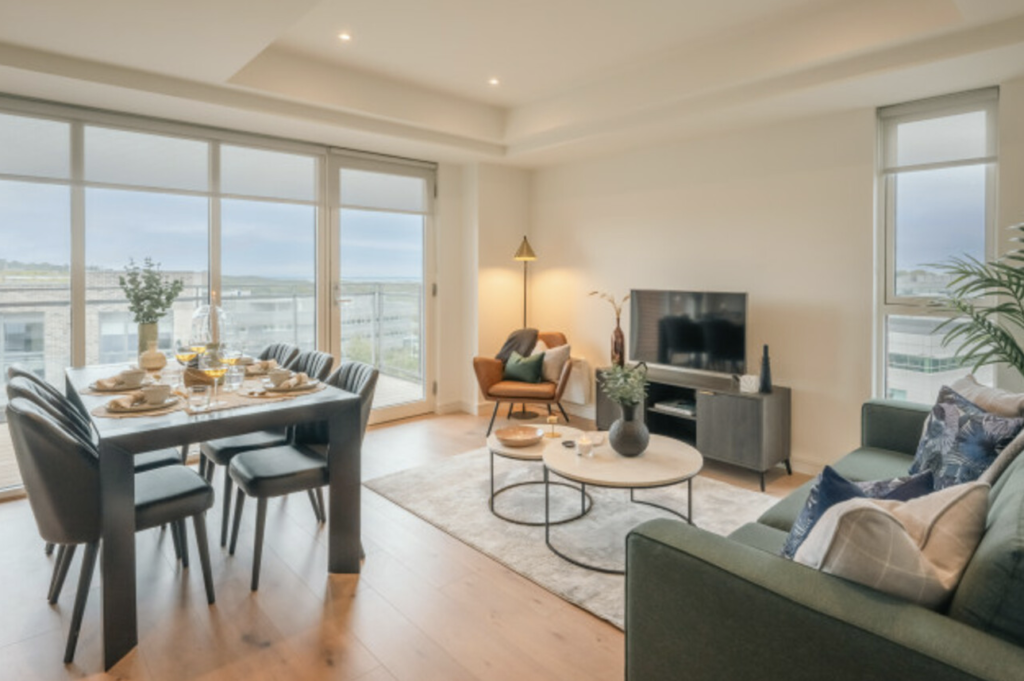Finding a place to rent and affording it is one thing but in order to be able to move in, you'll have to have all your documentation in order.
Here we run through what you'll need to have ready to satisfy your landlord or letting agent that you're ready to go.
It's important to come prepared. When attending a viewing consider bringing a plastic envelope or folder with you of some docs you'll need.
These can include:
- A reference from a landlord
- Employer reference
- Proof of finances
- Photocopy of ID
Chances are they'll need more info and want it sent through email - but having them with you creates the impression that you're organised and know what you are at (two qualities which landlords like).
If you do get the go ahead to move in, be ready to send on everything they ask for. This can include all of the below...
- Employer Reference
- Financial Reference
- Home Address
- Landlord Reference
- Photo ID ( passport / driving licence )
- PPS number
- First month's rent and one-month deposit
You'll also need to sign the lease but make sure to read over it fully and don't be afraid to have another set of eyes read over it before you do so.
It can also be a good idea to take photos and store them so that any flaws/defects or damage to the property at the point of moving in isn't attributed to you afterwards. Also take gas and electricity meter readings as soon as you move in and photograph them so that you're not charged for bills that were run up before you.
It can be a good idea to deal in email also. While it's good to have a personal/phone relationship with your landlord, it's no harm to send an email after with a summary of the issue that was discussed and the resolutions agreed just so there's a dated record of the conversation in case there's an issue down the line.
Also make sure you get an inventory, stating everything that's in the house when you get it. Like the photos, make sure this is stored for possible future reference.
Finally, take out insurance. While the owner's insurance will cover the building, you're likely to need content insurance to cover goods like phones, laptops, TVs, game consoles and other valuable items.





